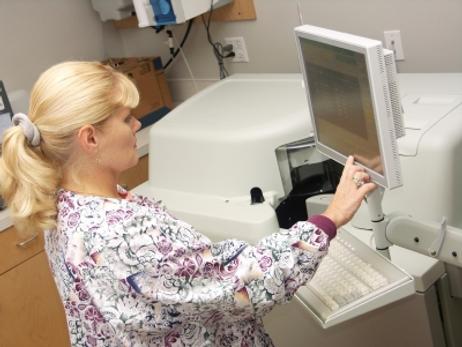The trend in the United States has gradually been moving from placing elderly patients in hospitals and long-term care facilities to allowing them to stay in their homes and communities for as long as possible. To achieve that goal, the role of the home caregiver has also expanded, with more need for these trained professionals than ever before. Home caregivers make regular trips to the homes of patients to help them live independently for as long as possible. While training for qualified caregivers has not kept up with demand, new training programs are cropping up at community colleges around the country to get more professionals into this rewarding career.
Jobs for Caregivers
According to the U.S. Bureau of Labor Statistics, job growth for home caregivers and health aides is expected to increase exponentially as the demand for these professionals rises. Many caregivers work part-time evenings and weekends, while others find full-time employment. Some of the duties of a home caregiver might include:
- Working with elderly or physically or mentally disabled patients to help them live independently
- Helping patients recently discharged from hospitals as they recover from illness, injury or surgery
- Providing psychological support and instruction to patients they visit
- Performing light housekeeping duties like changing linens and cooking meals
- Checking a patient's vital signs and keeping a record of the results for doctors
- Assisting patients with basic functions like bathing, grooming or dressing
Because many home caregivers must help patients get in and out of bed or get



















